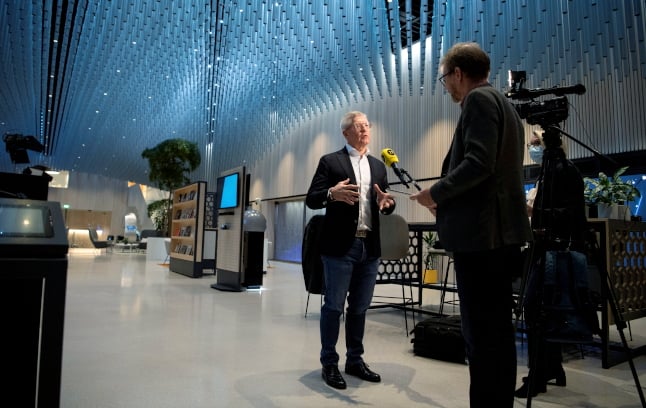China, a major market for Ericsson, accounted for just five percent of the company’s turnover in the third quarter, half of what it represented in the same three-month period last year.
The global supply chain crisis also hit sales late in the third quarter, “and such issues will continue to pose a risk”, Ericsson said in an earnings statement.
The telecom equipment maker’s overall sales fell two percent to 56.3 billion kronor ($6.5 billion, 5.6 billion euros).
The company’s turnover was impacted by a drop in two key segments, network and digital services sales, in China.
But its net profit was better than expected, at 5.8 billion kronor.
Ericsson said it started to see initial revenues from 5G contracts, which it said were “driving growth in our core business”.
It is in a fierce competition with Finnish neighbour Nokia and China’s Huawei to build next-generation 5G networks across the world.
But Ericsson feared repercussions in China after Swedish regulators banned Huawei and another Chinese firm, ZTE, from the country’s 5G network in 2020 for security reasons.
The United States, Britain and Australia have imposed similar bans on Huawei.
In June, a Swedish court struck down an appeal from Huawei.
“As a consequence of the reduced market share in Mainland China we are planning to resize our sales and delivery organization in the country, starting in Q4 (fourth quarter), adding to our restructuring charges,” Ericsson said.



 Please whitelist us to continue reading.
Please whitelist us to continue reading.
Member comments